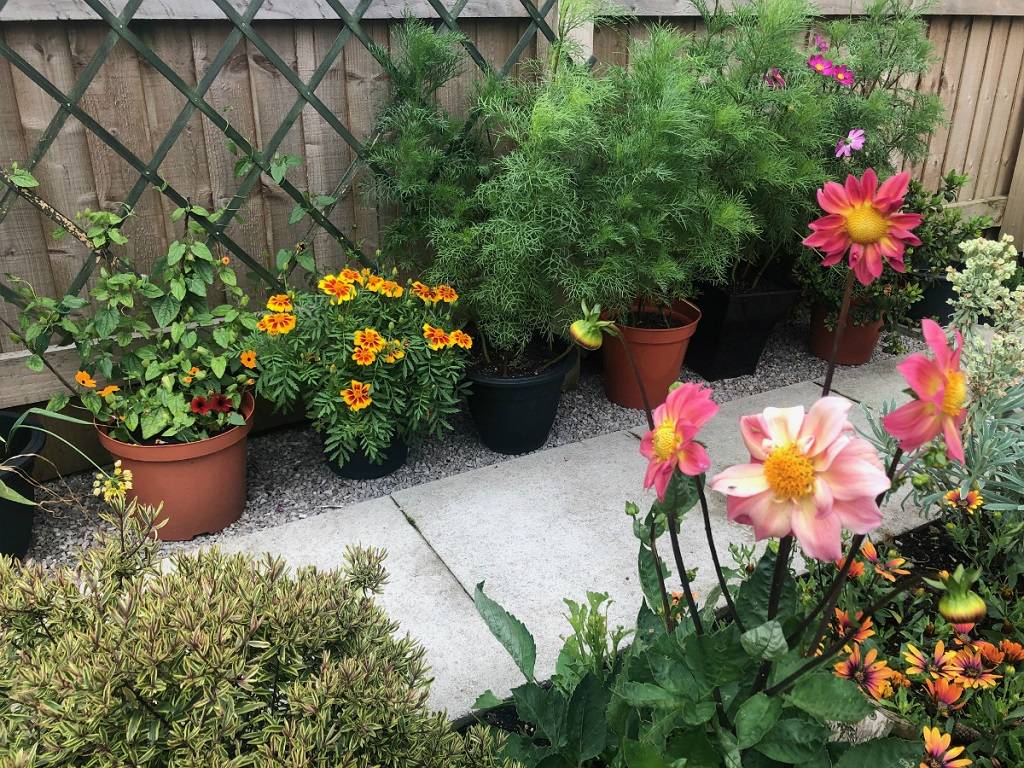
Selecting a spot, preparing the soil, selecting seeds and plants, planting a crop, then composting the plants until they are ready for harvest are all important parts of vegetable gardening. Anyone who is willing to put in a little time each day may start a vegetable garden. It does not need a large sum of money or time. The best thing about vegetable gardening is that plants can be easily grown in containers.
Crops to grow in July
July is the month to begin sowing and planting cool-season crops for harvest in the fall and winter. If you don't have time to get a second or third warm-weather crop before the October chill sets in, start planting cool-weather crops now. All gourds, cucumber, okra, cauliflower cluster bean, Chilli, Eggplant (Brinjal), and tomato are a few vegetables that you can grow in July in India.
Vegetable Gardening Tips in July
1. Watering the plants
It is important that we water the perennials, shrubs, and trees that were planted in spring. Generally watering the base of the plant does not wetting the leaves because they do not absorb water and wetting the leaf tissue can spread fungal diseases, we all know July is the month of hot weather means the plant needs water for their growth so we must regularly water the container plants and add fertilizer for their strong healthy growth and continual flowering.
2. Thin out fruit trees
Fruit trees can over-produce during peak gardening season due to the favorable circumstances for plant development, and enormous amounts of fruits such as plums, pears, and apples on the branches can frequently result in a final crop of inadequately tiny fruits. This is owing to the tree's limited resources and the restricted sunlight that sharpens its thick branches. Thin out your thick crops in July by removing any surplus or damaged fruits from the plant, allowing it to produce a more consistently ripe harvest.
3. Cultivate kitchen garden crops
A kitchen garden is the growing of fruits and vegetables on the terrace of the house by using kitchen wastewater. Advantages of Kitchen gardening are we get a constant supply of fresh fruits and vegetables which are high in nutritious value and free from toxic chemicals.
4. Carry out regular checks for plant supports
Check supports for climbing plants; the strong winds and heavy rain will have put significant pressure on everything but regular clean-up in the garden is easier to deal with them leaving it all until the end of the summer.
5. Greenhouse plants
Warm crops like peppers, eggplant, beans, and tomatoes can thrive in the greenhouse, but you'll need to keep an eye out for overheating and make sure you have adequate ventilation and humidity to prevent the plants from scorching and withering.
















